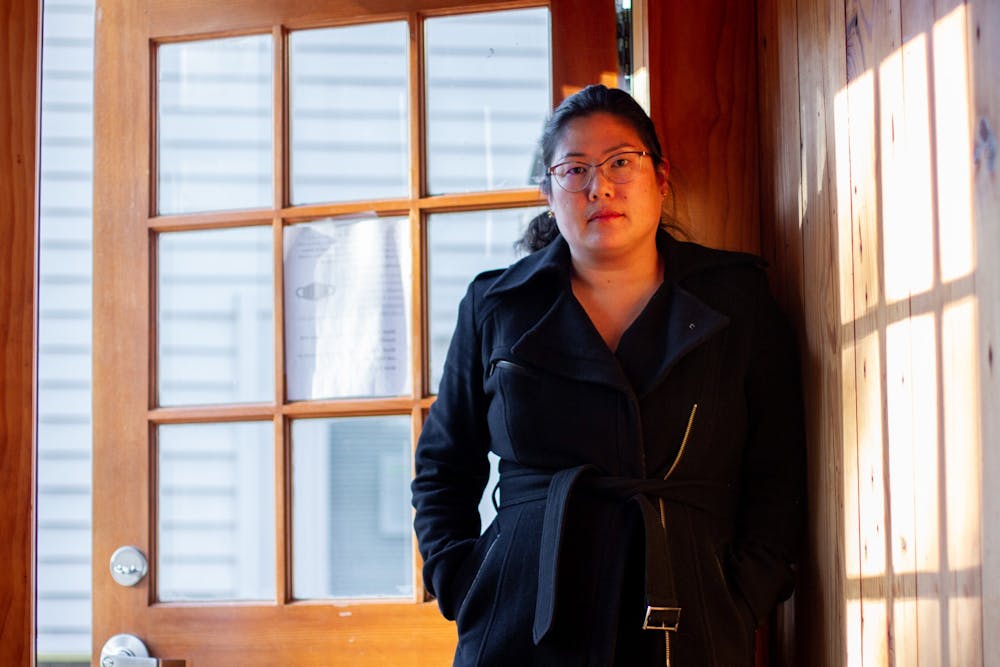Multiple waves of violence
Heidi Kim, an associate professor of English and director of UNC’s Asian American Center, said she’s lived through multiple waves of violence against Asian Americans.
“What that means when you have multiple waves is that it never goes away,” Kim said. “It just becomes much more visible and prevalent at certain times, and unfortunately, we’re living through one of those times right now.”
Kim recalled feeling fearful in the wave of anti-Asian American violence and Islamophobia in the aftermath of 9/11.
Violence against Asian Americans also received national attention in 2015, when David Hwang, a Tony Award-winning playwright and professional connection of Kim, was stabbed in the neck in New York.
In late February, UNC's Asian American Center hosted an open forum for students to discuss the recent rise in anti-Asian American violence, which UNC has had its own instances of.
Last April, students hung up Lunar New Year decorations in Granville Towers, which were ripped down twice. During one instance, racist and xenophobic slurs were relayed.
Beyond a personal level, Kim has studied the recurrence of this violence throughout history as an Asian American studies academic.
“It comes up at times of economic competition,” Kim said. “It comes up at times of conflict with Asian countries. It’s come up before during epidemics.”
In a campus message Tuesday, Chancellor Kevin Guskiewicz, Provost Bob Blouin and interim Chief Diversity Officer Sibby Anderson-Thompkins emphasized the work of the Asian American Center in addressing the issue.
“We are committed to supporting the Asian American community and engaging the wider community through the work of Carolina’s Asian American Center and encourage you to access the resources and events that the Center provides,” the statement read. “Education and engagement are powerful forces in combating the stereotypes and bias that contribute to these attacks.”
Addressing the problem
To get the day's news and headlines in your inbox each morning, sign up for our email newsletters.
Like the Asian American Center, Pan-Asian social justice organization North Carolina Asian Americans Together provides space for the community to talk through the issue. NCAAT also compiled an online form for community members to report incidences of discrimination and bias.
Ricky Leung, senior director of programs, said NCAAT seeks to helps individuals find community based solutions.
Leung said addressing anti-Asian American violence also includes reducing other systemic barriers such as housing and health care access.
“We also want folks to pay attention to the root causes and address those so that we’re not always on the rapid response,” Leung said.
As a child of Asian American immigrants, Nguyen said it’s also important to change the narrative to make the immigrant community more open to recognizing the inequities they face in the U.S.
“Yes, things are better here, but that doesn’t mean you have to remain complacent or silent when things are wrong and when things are negatively impacting you,” she said.
@praveenavsoma
@DTHCityState | city@dailytarheel.com




